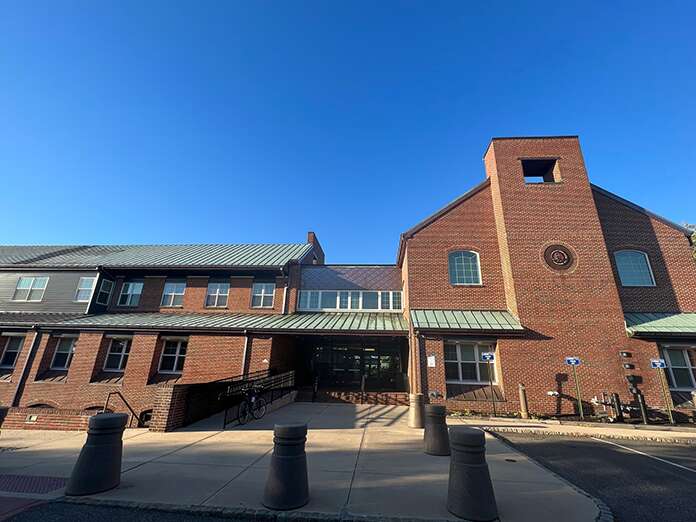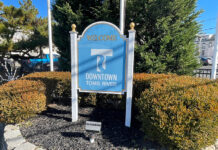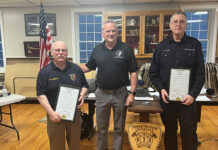
TOMS RIVER – Subpoenas were served on current and former officials regarding the denial of two shuls, a move Assistant Township Attorney Anthony Merlino said was an attempt to find something to sue the town over.
The subpoenas were for the current and former Township Council members, and members of the two land use boards which oversee development.
The subpoenas are seeking emails, texts, and social media for officials that reference the Orthodox Jewish community and issues such as overdevelopment or real estate solicitation, according to The Patch. They are in reference to two shuls that were denied in 2019 and 2020.
“They’re a fishing expedition. They’re part of the discovery process. It’s a litigation tactic on the other side,” Merlino said.
A few residents at a recent Township Council meeting spoke about how officials getting subpoenaed places the town in a negative light. They also wanted to know how the town was going to respond.
“To the extent that we have to answer them, we will. If we have to move to quash them, we will,” Merlino said.
Toms River used to allow houses of worship to be built on 2-acre properties. In 2017, the town changed it to 10 acres.
Some members of the Orthodox Jewish community saw this as a way to prevent them from moving to certain areas of town, particularly the northern areas of town bordering Lakewood. This coincided with a rise in anti-Orthodox sentiment online.
The township was accused of violating was the Religious Land Use and Institutionalized Persons Act (RLUIPA).
The complaint said that Toms River officials revised zoning to exclude the Orthodox, and treat religious assemblies on less favorable terms than nonreligious ones.
Federal law prohibits towns from zoning to exclude any group of people.
In 2021, as part of a consent decree, the township revised its zoning code to: reduce the minimum acreage required for a house of worship in many zoning districts from 10 acres to 2 acres; allow houses of worship in certain zoning districts; allow smaller houses of worship to be located on minor collector roads; and treat houses of worship on comparable terms to nonreligious places of assembly. The consent decree also required the township to train its officials and employees on RLUIPA’s requirements, establish a procedure for receiving and resolving RLUIPA complaints, and other injunctive relief.
The settlement essentially rolled the zoning back to before the restrictive changes were made.
The consent order made local and neighborhood streets off-limits to places of assembly, religious or otherwise, and capped the lot size for such facilities that locate on middle-order roadways. “These were critical neighborhood-protective priorities for the Township and achievable only because we chose negotiation over confrontation,” the Council and Mayor said in a statement at the time.
The consent order frees the township from any liability, which some officials said was a key point.
“A seven-figure payout would not only have diverted funds away from important priorities – police, playgrounds, paving roads, public services – but also would have triggered a massive tax increase,” the Township Council said in a joint statement. “This settlement is both the legally and fiscally-responsible thing to do. No one is served by costly and protracted litigation with the Federal Government. The settlement avoids that.”
“With the Township facing two lawsuits involving houses of worship this agreement between the DOJ and the Township will restore the 2017 zoning regulations and protect Toms River from future lawsuits,” said Mayor Maurice B. Hill at the time.






